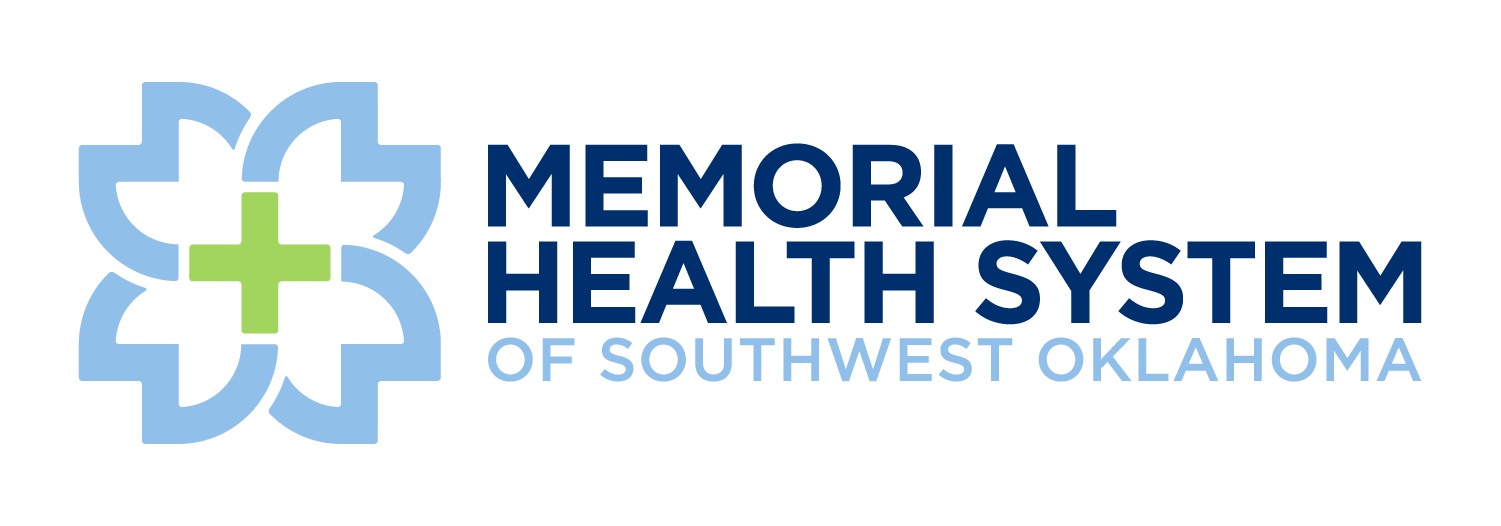April is Autism Awareness Month! For autistic people, making friends can be a challenge. To those unfamiliar with the disorder, they may incorrectly read autistic persons as standoffish, disconnected, and unfriendly. However, it is important to make an effort to reach out to those diagnosed with the disorder. Currently, 1 in 59 children have been identified as autistic. 1
What is Autism Spectrum Disorder?
Autism spectrum disorder (ASD) is a very complex disorder. Most receive their diagnosis in early childhood. ASD affects a person’s ability to interact with others.
We define ASD by a certain set of behaviors. As a “spectrum condition,” it affects each individual differently. There is no single cause of autism. Increased awareness and access to appropriate services can significantly improve ASD persons’ ability to interact, understand others, and express themselves closer to how they intend.
Common behaviors with autism include difficulty making eye contact, delayed learning of language, and difficulty with reasoning and planning. Autistic persons may also have intense, specific interests; sensory sensitivities; and poor motor skills.
Some may even be non-verbal. They may communicate through writing, sign language or picture cards.
How do I show someone with autism that I want to be their friend?
Introduce yourself to an autistic individual just as you would anyone else. Just because he or she may have difficulty making eye contact with you does not mean you should not look at him or her.
Keep in mind that although those with autism may behave and think differently than you, nothing changes the fact that they’re intelligent, passionate, capable people. In many cases, those who are autistic deeply value friendship just as you do.
Kierstin Wise received her autism spectrum disorder diagnosis at the age of sixteen. In response to becoming friends with those who are not autistic, Kierstin stated, ” It’s important to make an effort to understand us and learn our individual quirks. We’re typically expected to be the ones to communicate the way others do, but friendship shouldn’t be one-sided. There will be misunderstandings on both sides, but I appreciate it when someone tries to understand what I’m actually trying to express. I also appreciate when someone lets me know when I’ve accidentally upset them so I can try to learn how to understand them too.”
What do I need to be aware of when it comes to autism?
Accept differences and don’t make assumptions.
Always accept your autistic friend’s differences just as you would anyone else.
Also, do not assume that someone with autism is trying to be rude to you when he does not respond in a way that you expect. Many autistic persons do not have a “filter” and will be blatantly honest with you.
Beware of your language usage.
Autistic people do not always respond well to abstract language or teasing. Some conversations may require more explanation and patience than with a non-autistic person. Attempt to use less figurative language whenever possible and take a minute to explain things to your autistic friend when they are said by others.
“It’s difficult for us to read people or even realize we’re not being outwardly expressive the way we think we are, so it’s important to keep this in mind,” said Kierstin.
Give them time and space.
Autistic individuals may turn down an invitation dozens of times. Don’t be afraid to ask if this is an activity he or she is not interested in at all or just does not feel like doing right now. Keep in mind that getting out of routine and partaking in new things may be difficult for autistic persons. They may need more time to warm up to the idea.
Due to unfortunate instances with other those who were not so understanding or well-meaning, autistic individuals may need more time to warm up to you. If she has been hurt by someone who was pretending to be a friend at her expense, it is understandable that she may not be quick to trust your efforts at friendship.
Show them the same respect you would anyone else.
Your autistic friend may get upset at things that seem silly or unimportant on the surface to you. Treat his concerns as relevant.
When you recognize that your autistic friend is overwhelmed or overstimulated, provide him a place to collect himself.
Don’t be afraid to ask your autistic friend if she needs some time to herself. Allow her the patience she deserves when she does too.
“It’s also super helpful to be supportive when we’re overwhelmed, especially by social situations, and help us relax or feel comfortable in our own different ways,” Kierstin commented.
The most important thing of all to remember is that making an effort to include those who often feel excluded makes our world a better place. When you befriend someone with autism, you might just learn you had much more in common than you realized.
Sources
1 Center for Disease Control and Prevention. Data & Statistics on Autism Spectrum Disorder. 15. Nov. 2018.
Disclaimer
The Comanche County Memorial Hospital website does not provide specific medical advice for individual cases. Comanche County Memorial Hospital does not endorse any medical or professional services obtained through information provided on this site, articles on the site or any links on this site.
Use of the information obtained by the Comanche County Memorial Hospital website does not replace medical advice given by a qualified medical provider to meet the medical needs of our readers or others.
While content is frequently updated, medical information changes quickly. Information may be out of date, and/or contain inaccuracies or typographical errors. For questions or concerns, please contact us at contact@ccmhhealth.com.

